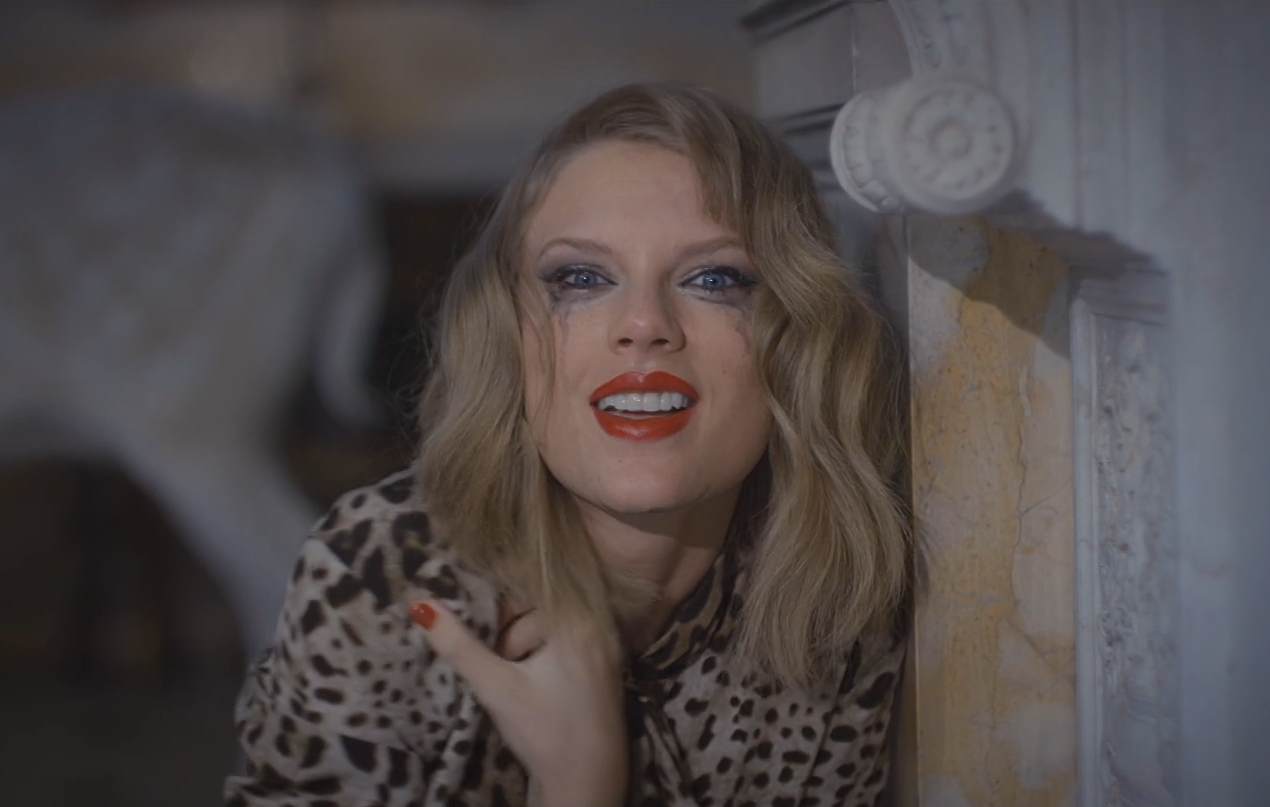The Demonization of Women in the Media
One large issue with the media is its marginalization of young women in entertainment. Many young women have long been criticized for their every action — Anna Nicole Smith, Britney Spears, Lindsey Lohan, Monica Lewinsky, Taylor Swift, and Miley Cyrus are only a few. These rising stars have been vilified, harassed, and mistreated in the media and in Hollywood for years.
The late 90s and early 2000s were some of the most brutal years for young women in the media. The release of Britney Spears’s “Baby One More Time” created a huge media storm criticizing her for her sexuality and “promiscuity”, with a former Maryland governor’s wife saying, “…really, if I had an opportunity to shoot Britney Spears, I think I would.” Just four years later, Spears went through a very public mental breakdown, which was treated as a joke. Anna Nicole Smith was constantly called a “gold-digger” after her marriage to J. Howard Marshall, and she developed severe mental illness and substance abuse issues due to the media stampede she faced. Smith overdosed thirteen years after this marriage. Lindsey Lohan’s persistent substance abuse issues were treated as a joke on shows such as Saturday Night Live and The Tonight Show with Jay Leno. Monica Lewinsky was nationally crucified for her affair with former President Bill Clinton, who was 27 years older than her. And he was still reelected.
So, why do these young women face so much harassment in the media? The answer isn’t simple — but this can truly be traced down to misogyny and sensationalization. It’s easier for media outlets to sensationalize the story of a young woman, since they are seen as the most vulnerable characters in popular culture. And has it stopped? Well, this answer is simple: no.
This cycle of media abuse hasn’t stopped, although it’s become less powerful. With the rise of the feminist movement, women have been able to stand up for themselves, but they can’t stop the media from publishing harmful and untrue stories. One prime example of modern demonization of women in the media is Taylor Swift. She’s been pinned as a “serial dater” ever since her rise to stardom, with tabloids and television shows poking fun at her. She recently tweeted about these jokes in reference to a line from Ginny and Georgia, saying, “Hey Ginny & Georgia, 2010 called and it wants its lazy, deeply sexist joke back. How about we stop degrading hard working women by defining this horse sh*t as funny.” Miley Cyrus faced criticism from the media, too, after she posed on the cover of Vanity Fair in 2015. Headlines surfaced such as “Miley’s Shame” from The New York Post and parents claimed she was a “bad influence” on their children. Cyrus has faced substance abuse issues for many years following this.
There has never been a controversy over the cover of a magazine or a marriage or the substance abuse of a man– it’s always pinned on the young women. This doesn’t just affect the women who are attacked in the media — it’s an issue that’s very close to home. A Skyline senior, who asked to be anonymous, said, “It’s hard to see these women get bashed for having the ‘wrong body’, when you have the same one,” she said. “…it really makes you feel bad about your own body, you know?” Another Skyline student, who is a freshman, said, “I think that a lot of insecurities come from the media, because you’re seeing all these women who are so beautiful, and you feel like you can’t be them.”
This long list of women who have been vilified in the media isn’t even all of them, and the criticism has and can result in substance abuse issues, suicide, and mental illnesses. It’s a harmful cycle that can end with our generation, and it’s looking hopeful that it will.




